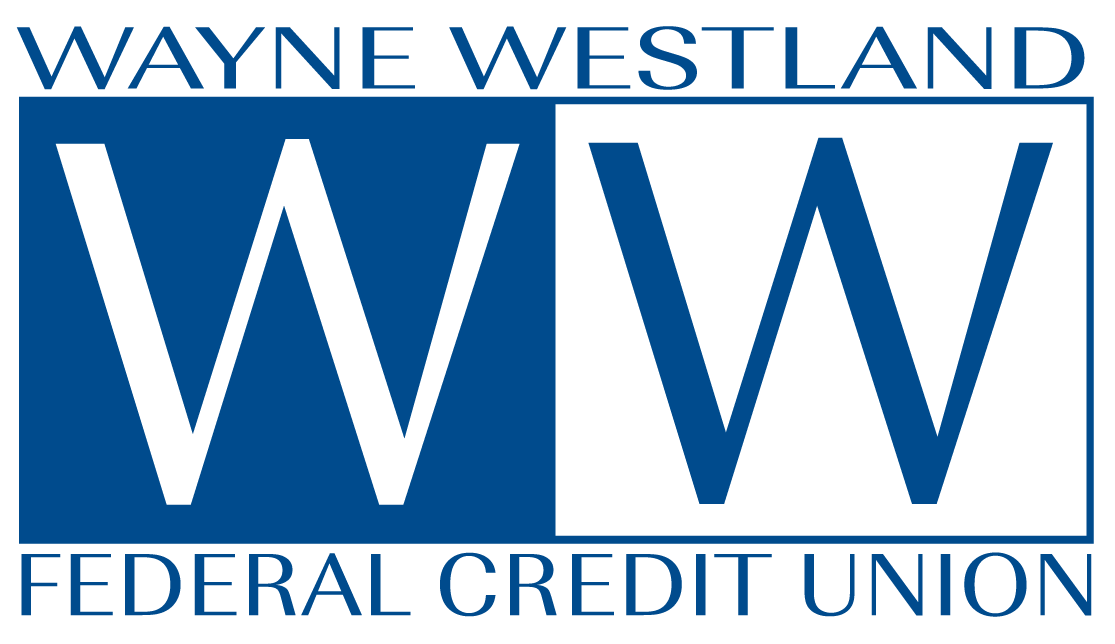During the holidays do you find yourself scrimping to make ends meet and aren’t sure how you’re going to pay this month’s bills? Know that you’re not alone. This is why WWFCU offers Skip-a-Payment.
What is Skip-a-Payment?
If you have a loan at WWFCU and want a month off of your loan payment, all you have to do is fill out a quick form. Once you’re approved, you get to defer one month’s loan payment.
When to Use Skip-a-Payment
- During the Holidays
The bills and charges pile up in November and December. Using skip-a-payment can give you a welcome break from at least one of those bills. - After the Holidays
Once the New Year hits, so do all of those new bills from your holiday shopping. Skipping a payment can lighten the load. - Holiday Vacation
Decided to visit a sunny beach somewhere this holiday season instead of dealing with the snow and cold temperatures of Michigan? Wouldn’t it be nice to have one less bill to worry about while you’re gone? That’s where skip-a-payment comes in. - In Case of Emergency
Whether the icy roads caused a fender bender, there’s been a major family illness or another emergency – skipping a payment can make the situation a little more bearable.
Just remember when you skip a loan payment, you’re not getting rid of that payment. You’re just taking it on to the end of your loan, so your loan will go one month longer than before. But sometimes you just need to free up some funds for the reasons stated above, or for many other reasons.
To skip-a-payment, speak to a WWFCU Member Service Representative in our branch or by calling (734) 721-5700.


